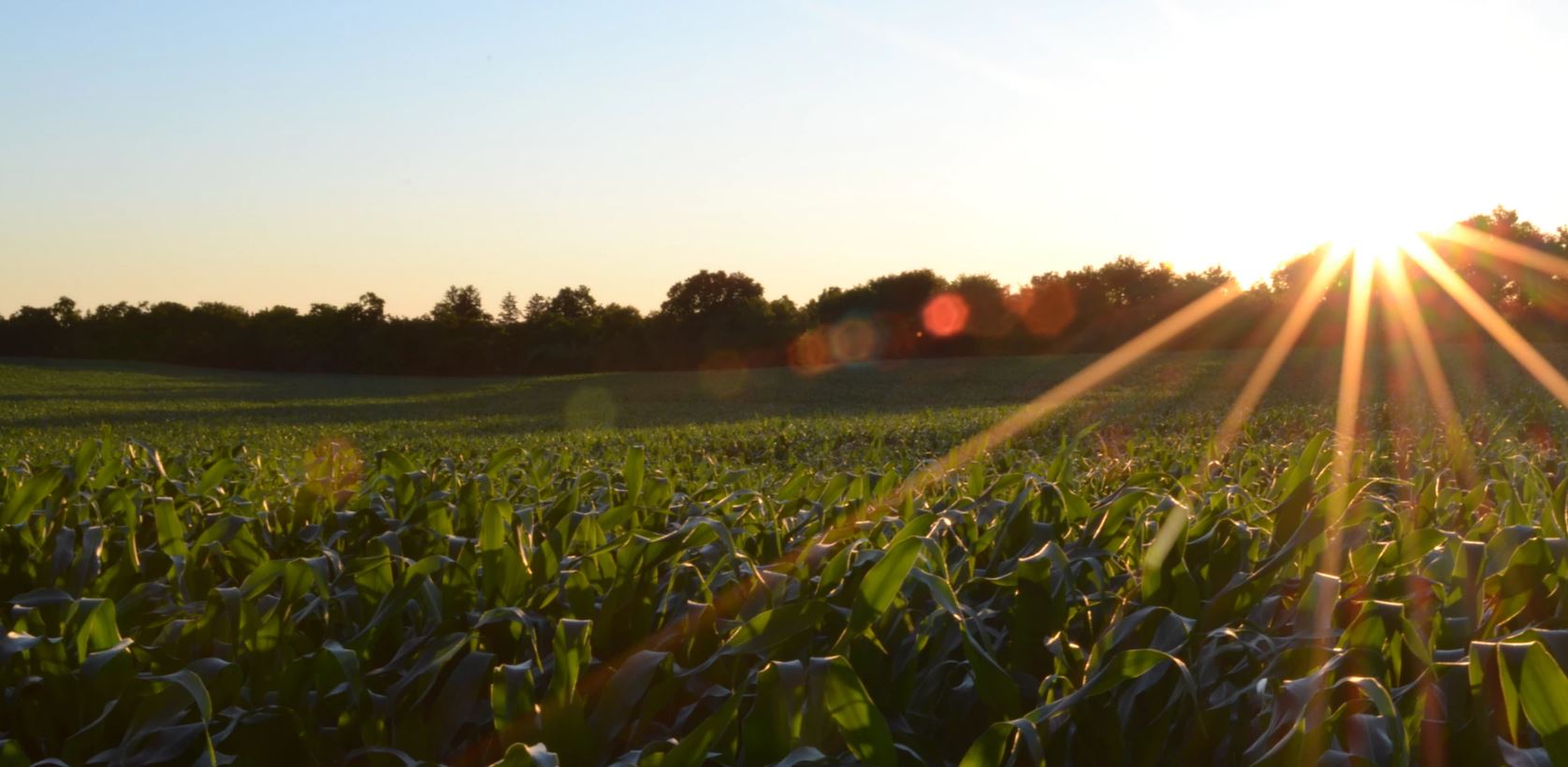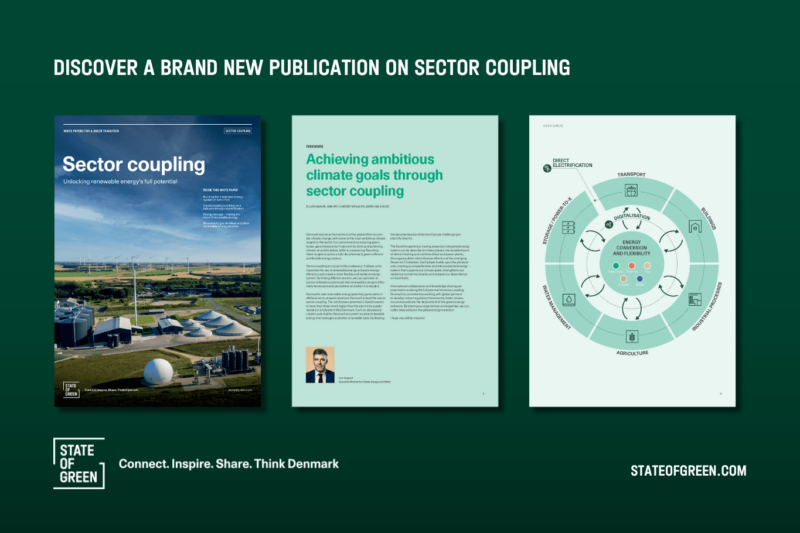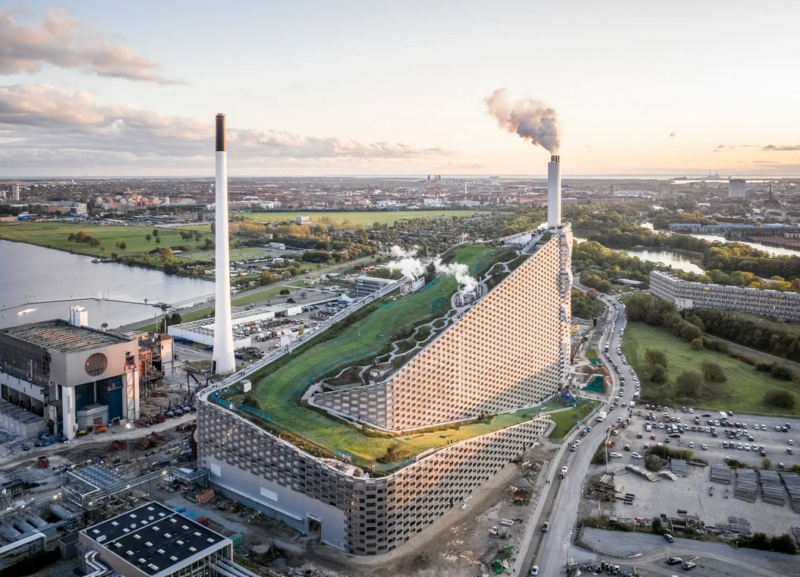News
Resource efficient production
Water efficiency in industries
Water in industries
+1
UN report: we must change our land use and agricultural practices to tackle climate change


IPCC’s Special Report on Climate Change and Land highlights the importance of land use and agriculture in climate change. More specifically, it addresses greenhouse gas fluxes in land-based ecosystems, land use and land management in relation to climate change adaptation and mitigation, desertification of dry lands, land degradation and food security.
The report shows that better land management can contribute to tackling climate change, but is not the only solution. Reducing greenhouse gas emissions from all sectors is essential if global warming is to be kept to well below 2°C, if not 1.5°C.
In 2015, governments backed the Paris Agreement goal of strengthening the global response to climate change by holding the increase in the global average temperature to well below 2°C above pre-industrial levels and to pursue efforts to limit the increase to 1.5°C.
-Related news: Sustainable solutions needed to address biodiversity challenges
Land is a critical resource
Land is a critical resource since it must remain productive to maintain food security as the global population increases and the negative impacts of climate change on vegetation increases.
An overall focus on sustainability is the best defence to tackle climate change preventing a further degradative development of land restricting growth possibilities and soil’s ability to absorb carbon, thus exacerbating climate change.
Although the IPCC report discusses serious challenges, it is not without hope. “There are things we are already doing. We are using technologies and good practices, but they do need to be scaled up and used in other suitable places that they are not being used right now,” said Panmao Zhai, Co-Chair of IPCC Working Group I.
Denmark committed to take leadership
In a press statement commenting on the IPCC report, Mogens Jensen, Danish Minister for Food Fisheries and Equal Opportunities said:
“We can’t just continue down the same path. The agricultural and food sectors have to convert to a more climate friendly production and therefore it is positive that the [Danish] industry has already announced ambitious climate goals.”
The ministerial press statement continues:
“The challenge for the world's food production is global, and the [Danish] government will actively work for the UN's global goals and for a more ambitious climate policy in the EU. Denmark must take leadership for the green transition and raise its ambitions for climate, environment and nature significantly, so that we ensure that Denmark lives up to the Paris agreement.
The government has therefore set a very ambitious goal of reducing greenhouse gas emissions by 70 per cent by 2030, and a binding reduction target for Danish agriculture must commit the industry to reduce greenhouse gas emissions.”
Ambitious mitigation procedures across all sectors
The IPCC report stresses the importance of following ambitious mitigation procedures across all sectors to reduce negative climate impact. Making sustainable and rational changes fast is a necessity to combat land desertification and degradation and maintaining food security. Addressing climate change will not only bring ecological benefits along but also foster positive social and economic impact possibly contributing to the eradication of poverty improving general livelihood for those who are vulnerable.
-Related news: Refrigeration plants and flood warning to mitigate climate impacts in developing countries
Danish food industry aims to be carbon neutral by 2050
In March 2019, the Danish Agriculture & Food Council launched a vision for the Danish food industry to be climate neutral by 2050, while sustaining or even increasing food production.
"Increase in population, food demand and climate change has created an immense challenge. If we are going to be able to feed the world’s growing population while solving the climate challenges, there is a need for innovative solutions and new technology. Therefore, we are taking a historical step that will secure Danish solutions to global challenges: Our industry must be climate neutral by 2050. All the way from production to consumption", said Anne Lawaetz Arhnung, CEO of The Danish Agriculture and Food Council.
World Food Summit in Copenhagen, Denmark
On 29 and 30 August, the Danish Minister for Food, Fisheries and Equal Opportunities and Minister for Nordic Cooporation will host the 4th annual World Food Summit The agenda of the summit is based on the UN SDGs, and the overall aim is to establish a platform for key policy makers, academia, business leaders and civil society to contribute to transforming the global food system into a sustainable and healthy global food system.
The IPCC Special Report on Climate Change and Land, which can be downloaded here, will be a key scientific input into forthcoming climate and environment negotiations, such as the Conference of the Parties of the UN Convention to Combat Desertification (COP14) in New Delhi, India in September and the UN Framework Convention on Climate Change Conference (COP25) in Santiago, Chile, in December.
Read our white paper “Producing more with less”
For more information about innovative and sustainable Danish food solutions, go to Food Nation
Sources
Danish Ministry of Environment and Food (in Danish)
Danish Agriculture & Food Council
Photo
Jake Gard, @jakke at Unsplash
You should consider reading
Perspective
Sector coupling
+9
New white paper: Unlocking the potential of renewable energy through sector coupling
23 October 2024solutions
Combined heat and power production
+6
CopenHill: The story of the iconic waste-to-energy plant
20 November 2024solutions
Energy efficiency in buildings
+2
Greening the UN one building at a time
20 November 2024solutions
Climate change adaptation
+4















